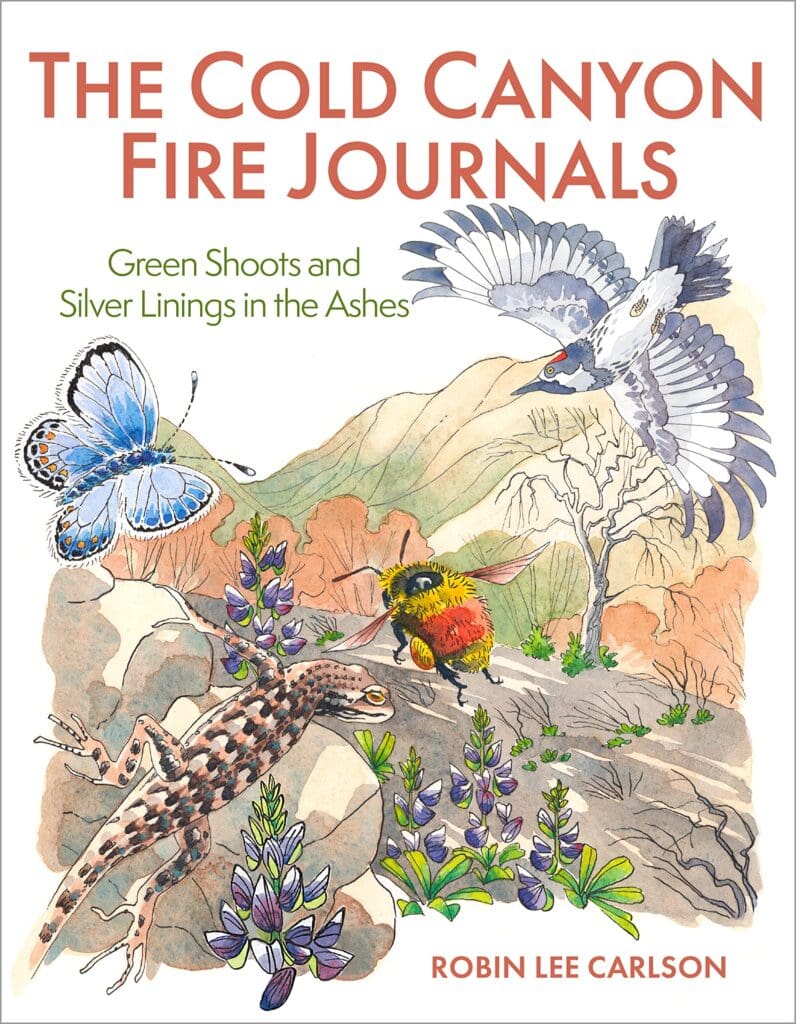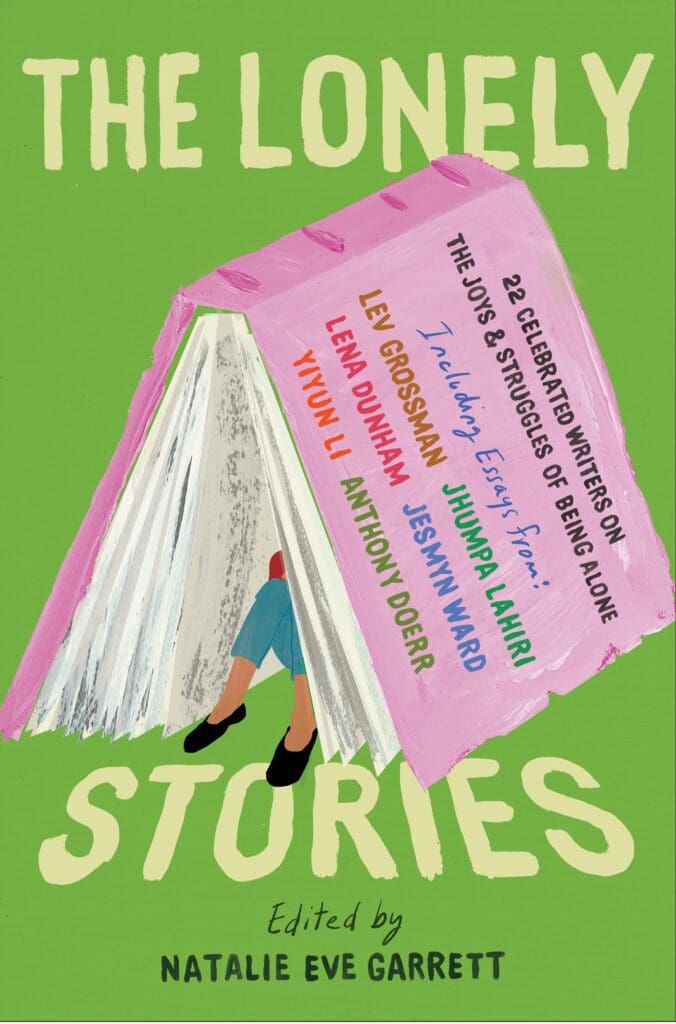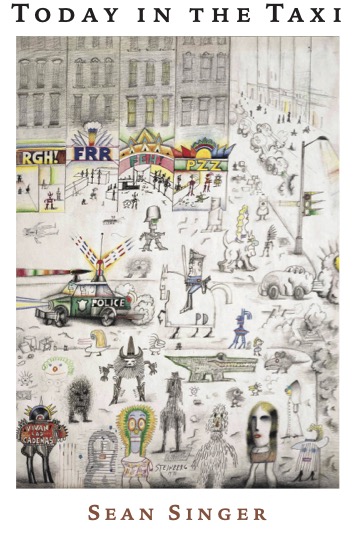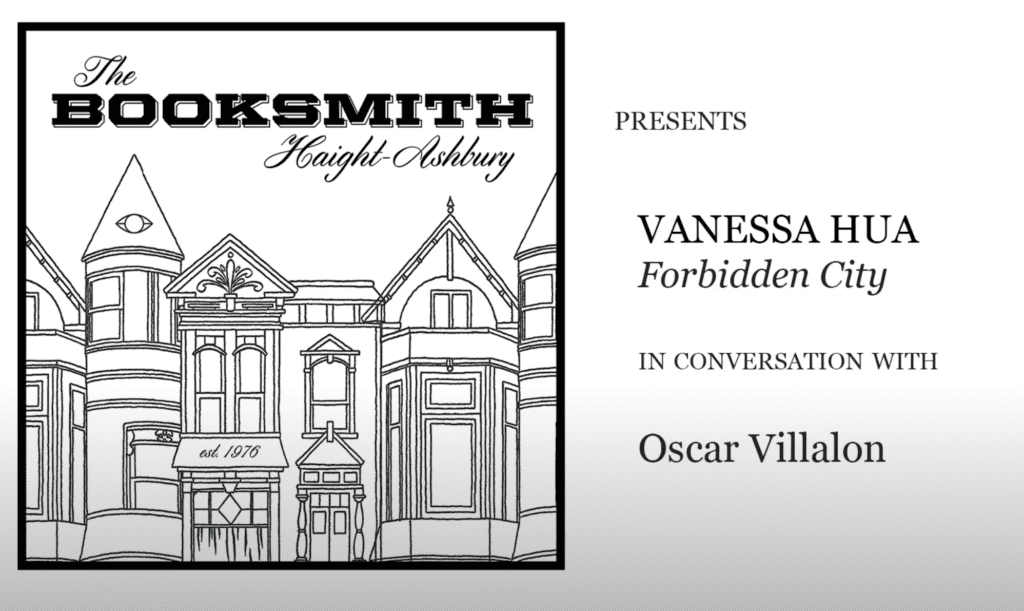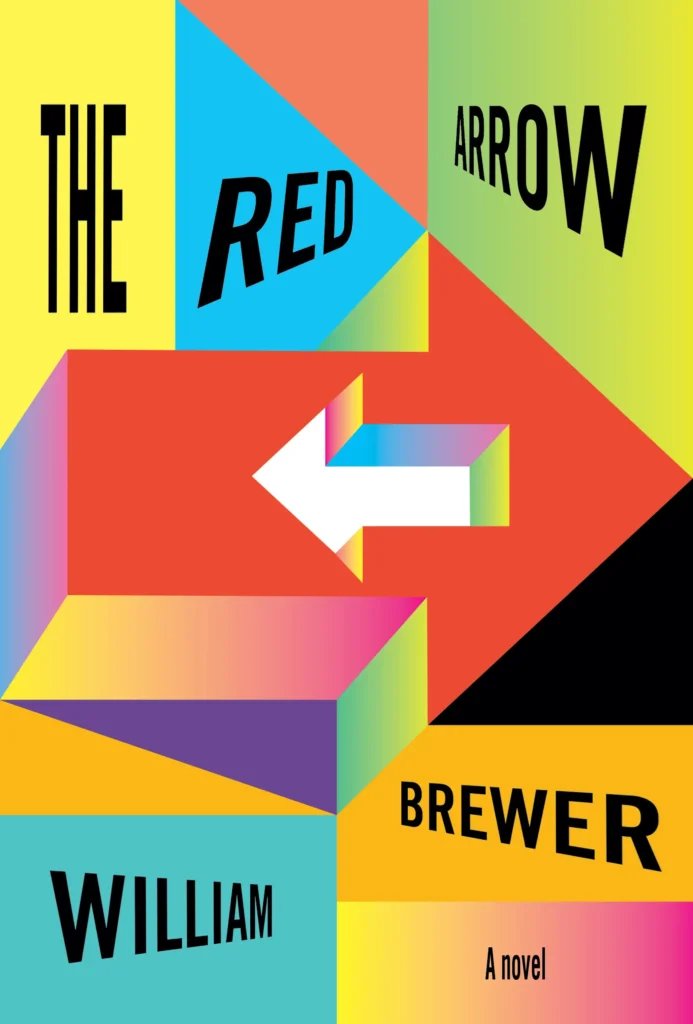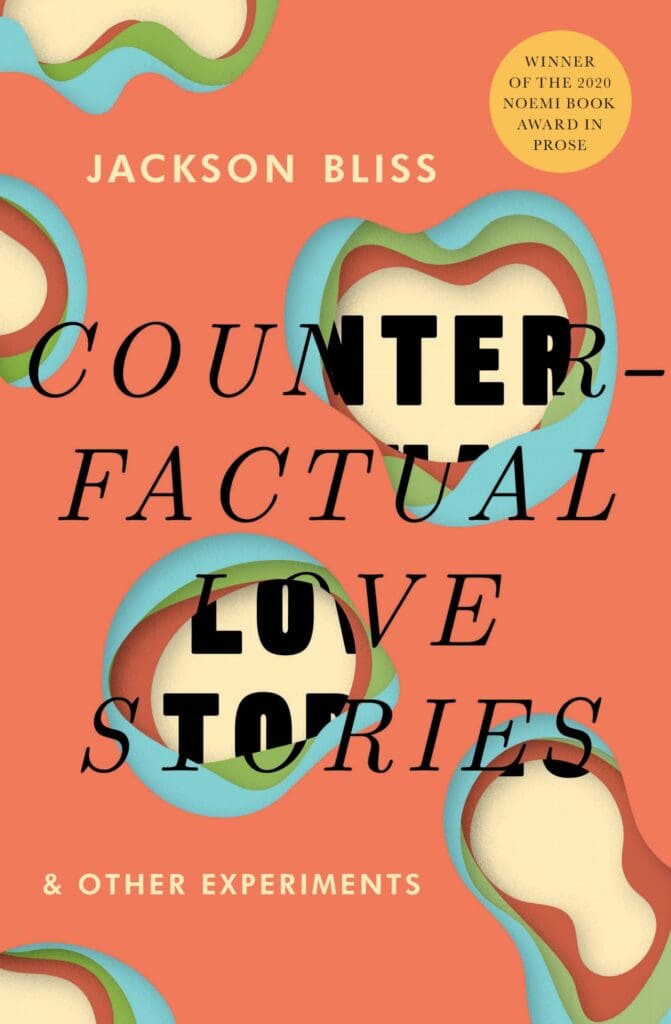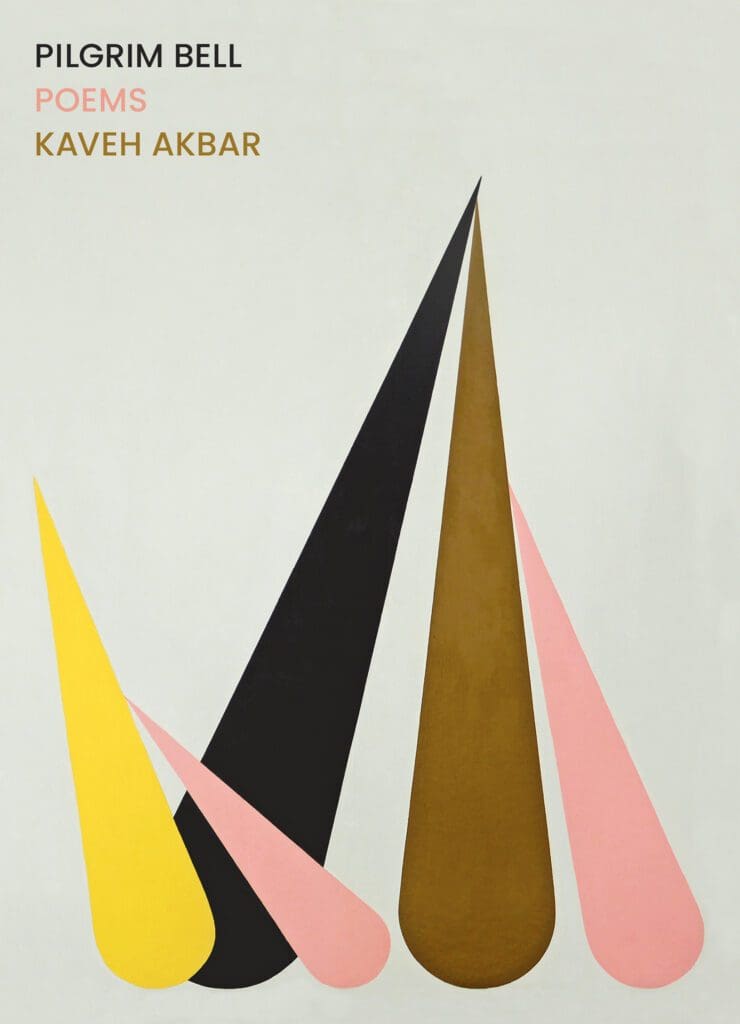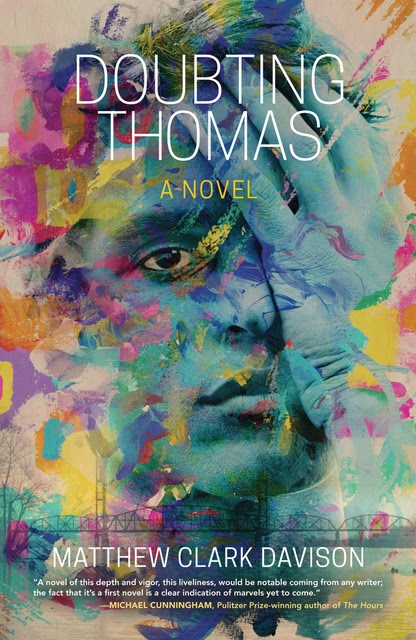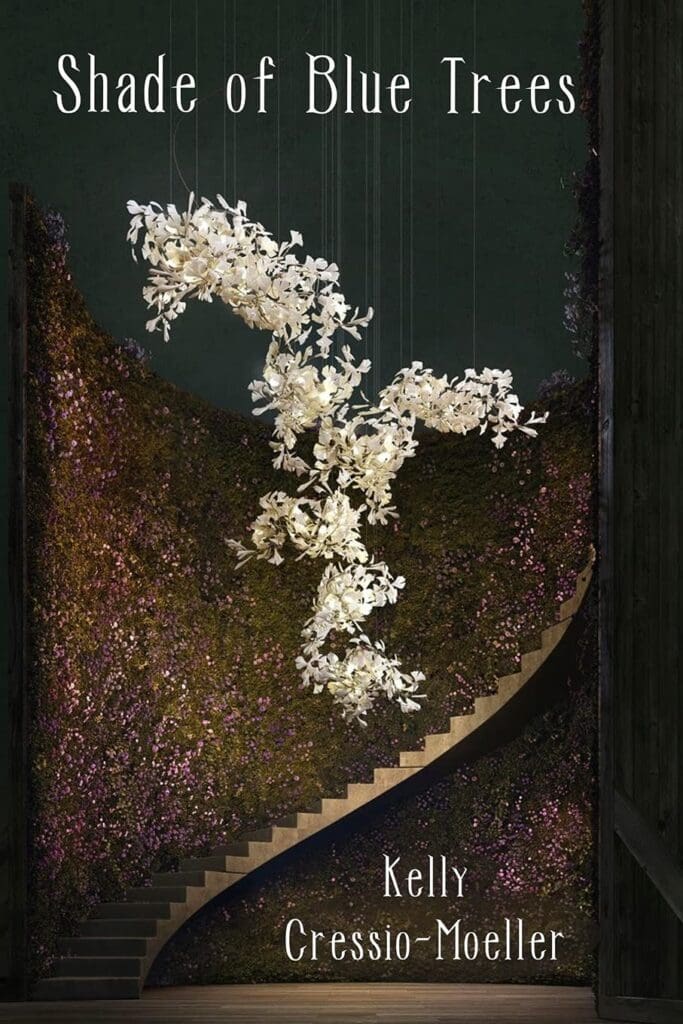When Stebbins Cold Canyon Reserve, an ecological preserve in the California Coast Ranges, was ravaged by the Wragg Fire in 2015, Robin Carlson found herself struck by a sensation of loss. “Although my mind understood fire’s importance in the ecosystem, my heart did not,” she writes. The way to reconcile her contradictory feelings—those of a Californian haunted by a well-founded fear of fires and of a trained biologist with knowledge of fire cycles—was to return to Cold Canyon, notepad in hand, to observe the devastation and first stages of regrowth. And she kept returning. Sometimes she was accompanied by scientists, […]
Q&A with Robin Carlson: ‘The Cold Canyon Fire Journals’ and Rebirth from the Flames
by Rebecca Rukeyser
